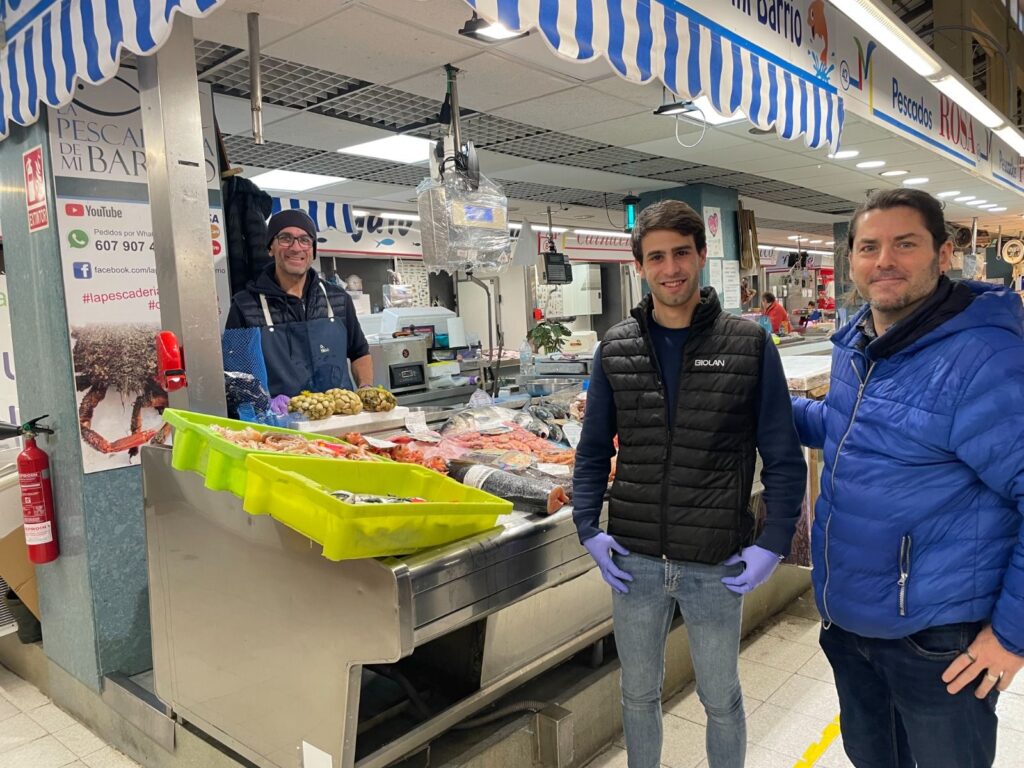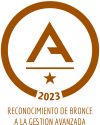It will take place on 26 and 27 September
Sponsored by the Spanish Technological Platform for Fisheries and Aquaculture (PTEPA), the main agents in the fisheries value chain (CEPESCA, FNCP, FEDEPESCA, APROMAR, AEMPM, Rula de Avilés S.A.) and technological agents of the fishing sector (BIOLAN MICROBIOSENSRES and Sinerxia Plus) have developed this strategy within the framework of the PESCAZUL project, which has been supported by the Next Generation funds, framed in the Recovery and Resilience Plan promoted by the Spanish Government, specifically, through the call for blue growth projects for Knowledge Spaces, of which PTEPA is part.
The result, the “Spanish Strategy from the Sea to the Table”, aims to transfer the objectives proposed by the sector entities that have participated in the project, to configure broad lines of action to help the public authorities to design the lines of work to achieve the objective of achieving a sustainable, resilient and innovative fisheries and aquaculture value chain with a better future until 2030.
A strategy for a more sustainable and resilient sector following COVID-19 and to respond to the incompleteness of the European “From farm to fork” strategy.
The Spanish strategy from the sea to the table is a response to the recent approval by the European Union of the “From farm to fork” strategy, one of the axes of the European Green Pact, with the aim of responding to the challenges in the European food sector. This European strategy has not met the expectations of the Spanish fishing and aquaculture value chain, which had hoped for a greater presence of fishing and aquaculture activity in the document.
A year of work
For this reason, the fisheries and aquaculture value chain has been working for almost a year to achieve a document whose objective was to ensure that the sector emerged stronger from the COVID-19 pandemic and with the capacity to face the future challenges that our societies are experiencing. Spain and the European Union are facing the gigantic and worrying challenge represented by climate change, through strategies such as the Green Pact, the United Nations Agenda 2030 or the new strategies of circular economy and decarbonisation of our companies and societies. These are institutional tools that incorporate into the institutional agenda the data provided by organisations of the calibre of the International Panel on Climate Change (IPCC) from the scientific sphere, configuring a new legal framework that the fisheries and aquaculture value chain wants to assume and transfer to its daily activity.
PTEPA and the partners of the PESCAZUL project will present our strategy to the administration on 27 September, in order to present to the EU the sector’s efforts to ensure that fisheries and aquaculture are taken into account with their own scheme and to be able to continue providing marine protein to citizens to strengthen healthy and sustainable food in times when food transformation, climate change and global crises require maintaining a stable, sustainable and sustained food supply over time.











